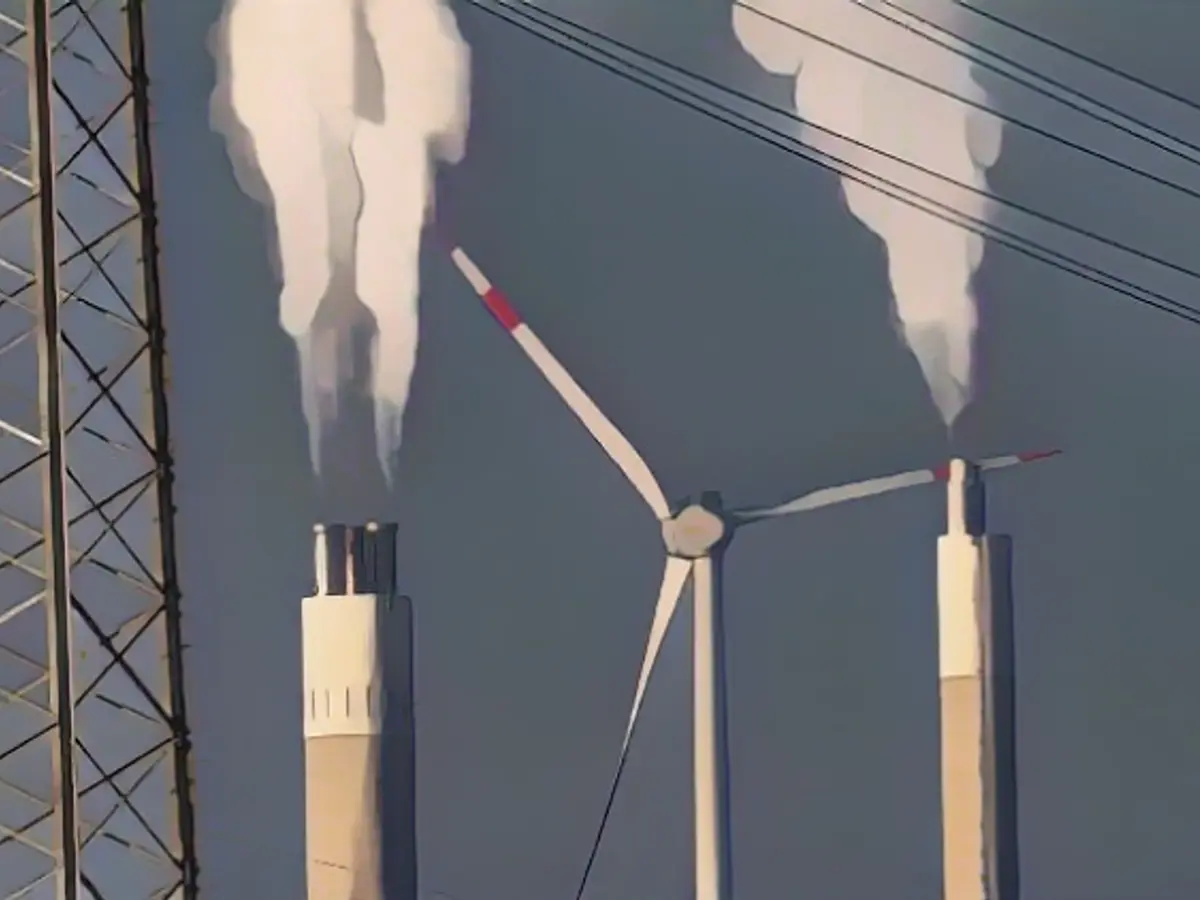Climate economist calls for higher CO2 prices instead of debt
Since the Federal Constitutional Court's budget ruling, the Climate and Transformation Fund has lacked 60 billion euros. Climate researcher Ottmar Edenhofer is relying on national emissions trading to compensate for this. This would offer more advantages than higher national debt.
Climate and economic expert Ottmar Edenhofer has spoken out in favor of achieving the transformation necessary to reach the climate targets through higher CO2 pricing. "Climate protection through higher debt will no longer be possible in the future," said the Director of the Potsdam Institute for Climate Impact Research (PIK) with regard to the Constitutional Court ruling on the debt brake.
Edenhofer pointed out that it was not only the court ruling on the Climate and Transformation Fund (KTF) that had severely restricted the state's budgetary leeway, but also rising interest rates and high inflation. Edenhofer therefore spoke out in favor of expanding national emissions trading instead of new debt. "CO2 pricing is the sensible way forward," said the scientist.
This would also be much more financially beneficial than trying to accelerate climate protection with the help of subsidies. If, for example, heat pumps were to be made more competitive in this way, "subsidies would have to increase as soon as prices for fossil fuels fall", Edenhofer pointed out. However, the burden of a higher CO2 price would have to be cushioned socially by a "compensation package".
Shifting is not an option
Until now, the government had planned to promote the restructuring of the economy and the faster expansion of renewable energies primarily with funds from the KTF. However, the Constitutional Court declared the transfer of credit authorizations with a volume of 60 billion euros, which had originally been approved to deal with the coronavirus pandemic, to the KTF to be incompatible with the applicable debt brake.
As a result, the fund now lacks resources, most of which had already been budgeted. In addition, the court has also tightened the accounting rules, requiring a clearer allocation of loans to a financial year. Apart from the contested transfer, the KTF is already fed primarily from income from European and national emissions trading.
Source: www.ntv.de







